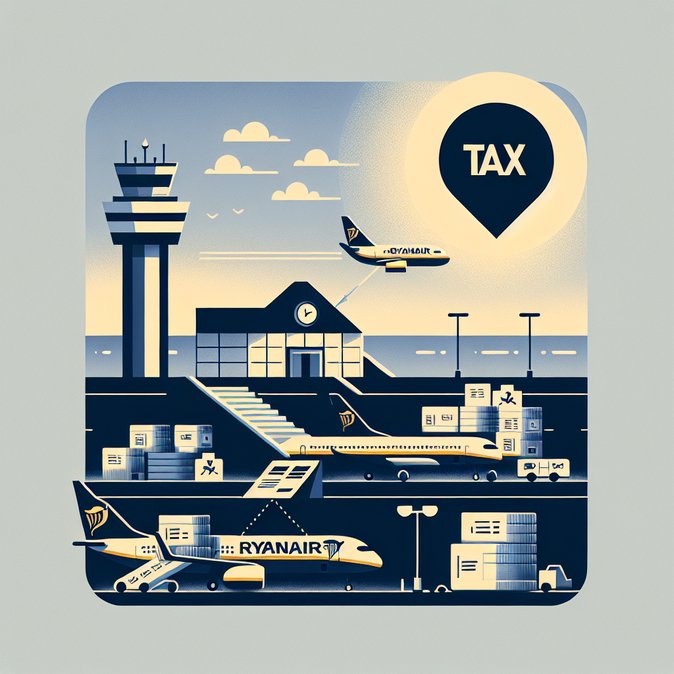
Ryanair announced on 28 October 2025 that it will remove two additional Boeing 737-8200 aircraft from its Vienna base for summer 2026, citing the government’s refusal to abolish the €12 per-passenger aviation tax and to lower Vienna Airport fees. The move represents a US $200 million reduction in future investment and follows the carrier’s earlier downsizing at the Austrian hub.
In September the Irish low-cost giant had offered a €1 billion growth plan that would have based ten new aircraft in Vienna, raising annual traffic to 12 million passengers and adding thousands of tourism jobs. According to Ryanair, the lack of action from Chancellor Stocker’s cabinet makes Austria less competitive than neighbours such as Italy and Slovakia, which have cut or eliminated similar taxes.
For business travellers and global-mobility managers, the fleet reduction means fewer ultra-low-cost options on intra-European routes originating in Vienna from 2026 onward. Companies with high volumes of regional travel may see airfare costs rise or face longer connection times as capacity tightens. Relocation suppliers that rely on Ryanair’s point-to-point network to move assignees’ families between Austrian HQs and home countries could also feel the pinch.
The aviation-tax debate has intensified since Austria introduced a differentiated levy in 2021, rising to €12 for flights under 3,000 km and €20 for longer sectors. Airlines argue the tax undermines Vienna’s bid to remain a competitive corporate travel hub. The government counters that the levy supports environmental goals and funds rail-to-air substitution projects.
Unless policymakers grant relief in the 2026 budget, analysts expect other carriers to reconsider growth at Austrian airports, potentially reshaping route networks just as the EU Entry/Exit System (EES) begins full biometric implementation and travel demand rebounds.
In September the Irish low-cost giant had offered a €1 billion growth plan that would have based ten new aircraft in Vienna, raising annual traffic to 12 million passengers and adding thousands of tourism jobs. According to Ryanair, the lack of action from Chancellor Stocker’s cabinet makes Austria less competitive than neighbours such as Italy and Slovakia, which have cut or eliminated similar taxes.
For business travellers and global-mobility managers, the fleet reduction means fewer ultra-low-cost options on intra-European routes originating in Vienna from 2026 onward. Companies with high volumes of regional travel may see airfare costs rise or face longer connection times as capacity tightens. Relocation suppliers that rely on Ryanair’s point-to-point network to move assignees’ families between Austrian HQs and home countries could also feel the pinch.
The aviation-tax debate has intensified since Austria introduced a differentiated levy in 2021, rising to €12 for flights under 3,000 km and €20 for longer sectors. Airlines argue the tax undermines Vienna’s bid to remain a competitive corporate travel hub. The government counters that the levy supports environmental goals and funds rail-to-air substitution projects.
Unless policymakers grant relief in the 2026 budget, analysts expect other carriers to reconsider growth at Austrian airports, potentially reshaping route networks just as the EU Entry/Exit System (EES) begins full biometric implementation and travel demand rebounds.








